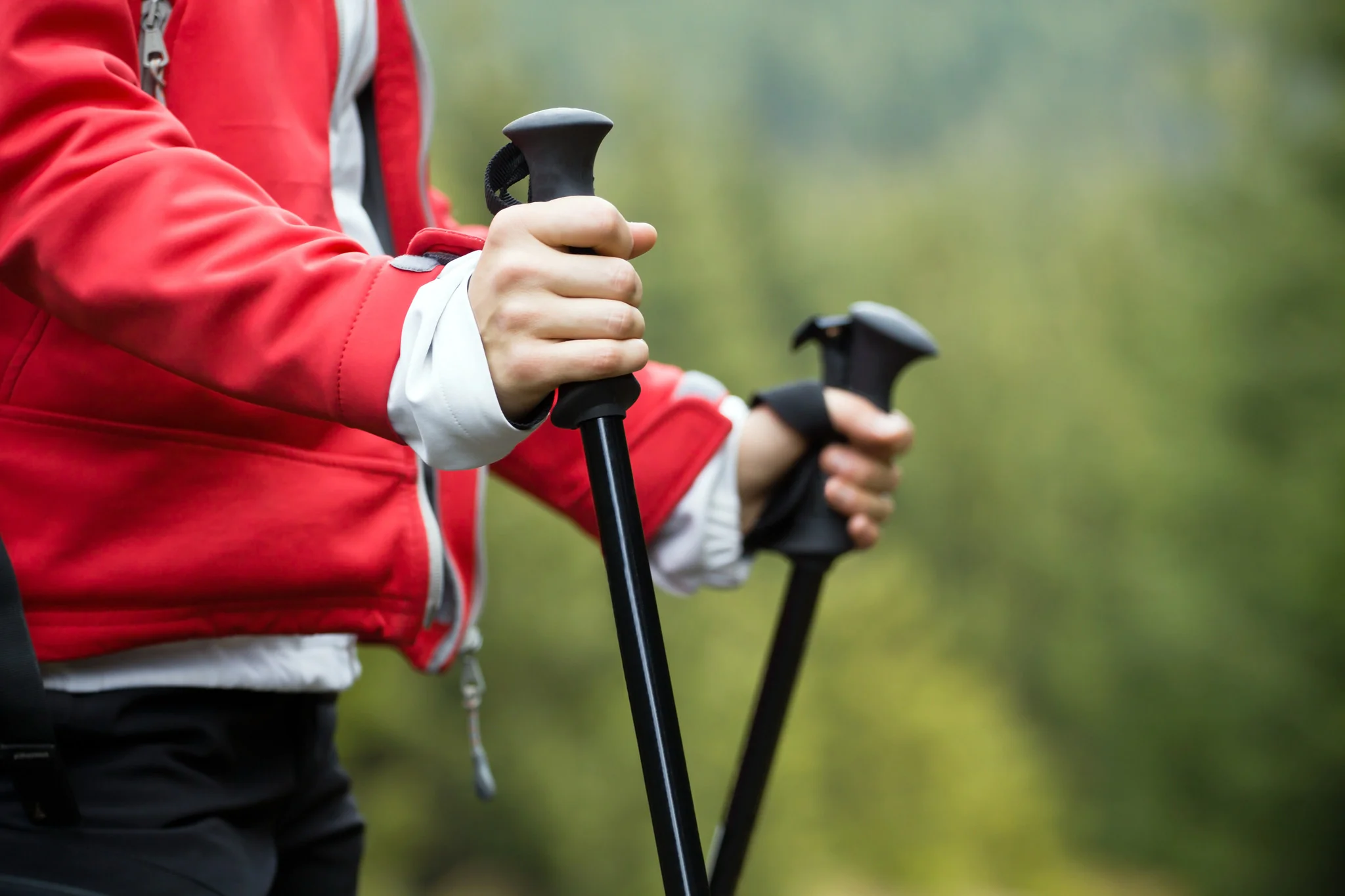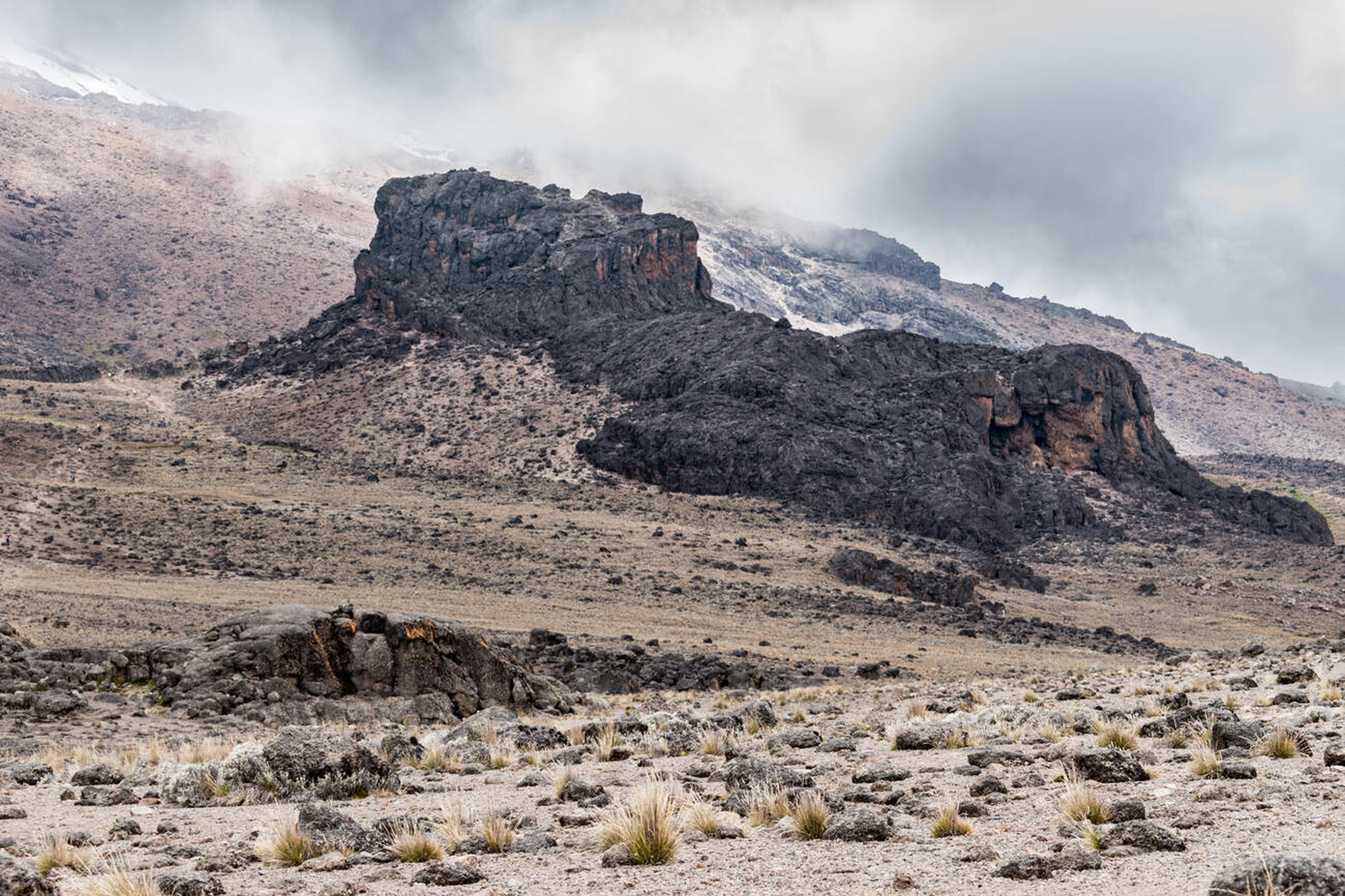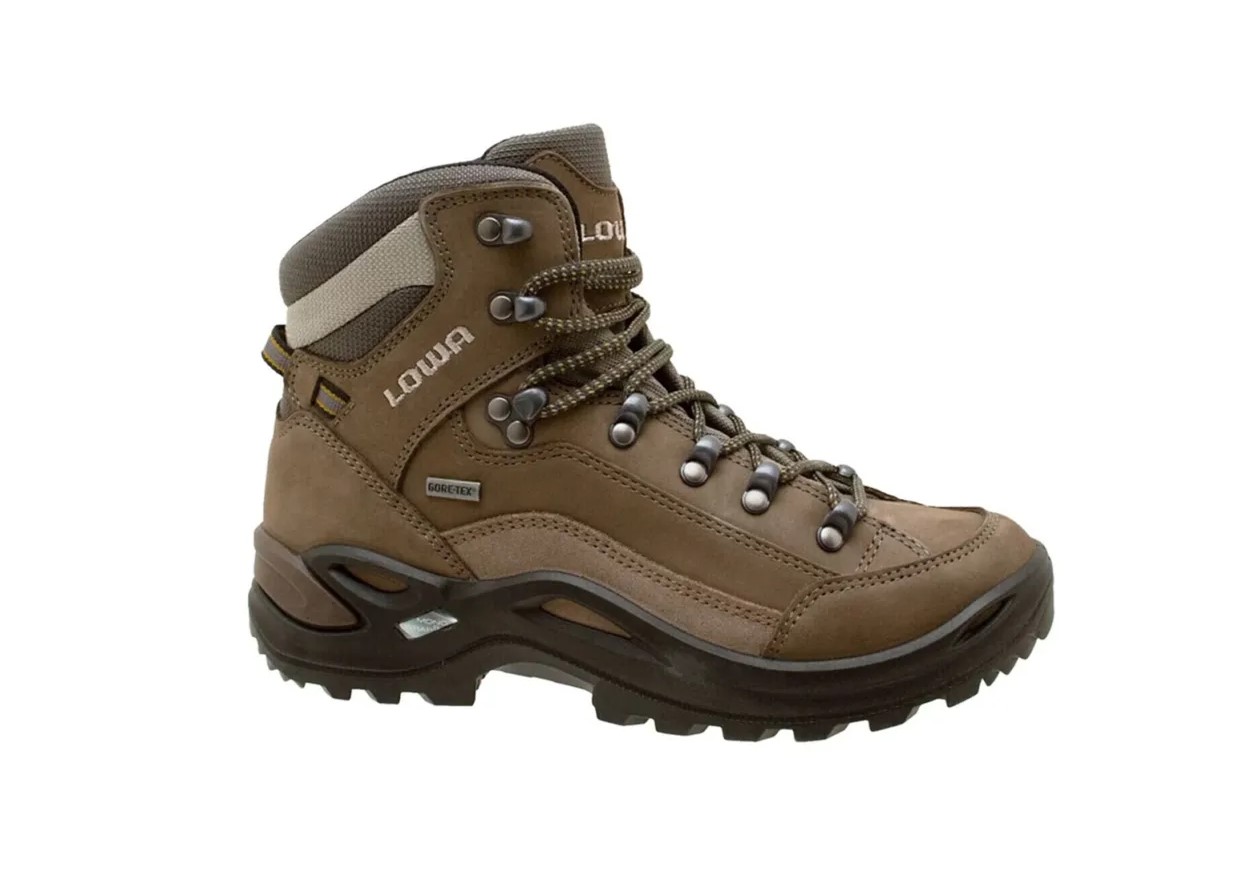Climbing Mount Kilimanjaro, Africa’s highest peak at 5,895 meters (19,341 feet), is a transformative adventure, but the cost of a climb can vary significantly between tour operators. Prices typically range from $2,000 to $7,000+ USD, depending on the operator, route, and services provided. At Kilisherpas Travel, we believe in transparent pricing and exceptional value without compromising safety, comfort, or summit success. Below, we explain why prices differ across operators and why Kilisherpas Travel offers the best balance for your 2025 - 2026 Kilimanjaro climb.
Why Do Kilimanjaro Tour Operator Prices Vary?
The cost of climbing Kilimanjaro depends on several factors, including the operator’s approach to safety, ethics, logistics, and marketing. Here’s a breakdown of why prices vary and what to watch out for when choosing an operator.
1. Cheap Operators: Cutting Corners Comes at a Cost
Budget operators offering climbs as low as $1,500–$2,000 often cut essential corners to reduce costs, which can compromise your safety, comfort, and summit success. Common sacrifices include:
- Inadequate Safety Equipment: Lack of emergency oxygen, pulse oximeters, or proper medical kits increases risks in high-altitude environments.
- Non-Certified Guides: Inexperienced or untrained guides may lack high-altitude medical training, putting climbers at risk during emergencies.
- Poor Treatment of Porters: Underpaying porters or overloading them with gear violates ethical standards and can lead to unreliable support.
- Substandard Food and Hygiene: Inadequate meal planning or lack of clean cooking facilities can cause health issues on the mountain.
- No Private Sanitary Facilities: Shared, overcrowded campsite toilets can be unhygienic and uncomfortable.
- Poor Group Equipment: Worn-out tents, thin sleeping pads, or outdated gear reduce comfort and warmth in Kilimanjaro’s extreme conditions.
- Crowded, Quick Routes: Choosing shorter routes like the 5-day Marangu or Umbwe sacrifices acclimatization, lowering summit success rates (as low as 60–70%).
- Outsourcing to Unknown Subcontractors: Some budget operators hand off climbs to third parties with inconsistent standards, leading to poor logistics and communication.
Risks of Choosing Cheap Operators: Lower summit success, increased health risks, and an unpleasant experience due to poor planning and support. Additionally, unethical treatment of porters harms local communities and violates Kilimanjaro Porters Assistance Project (KPAP) guidelines.
2. Overpriced Operators: Paying for Unnecessary Extras
Luxury operators charging $4,000–$7,000+ often include premium services that may not significantly enhance your climb. High prices can stem from:
- Expensive Marketing: Hefty spending on top internet ad placements, glossy brochures, or costly promotional campaigns inflates prices without improving the climb.
- Unnecessary Add-Ons: Extra days in hotels before or after the climb, gourmet meals, or supplemental oxygen for all climbers (often unneeded) drive up costs.
- Premium Branding: Some operators charge thousands more to create a false sense of superior safety or comfort, even when mid-range operators offer comparable quality.
- High Overhead Costs: Large international companies with offices in multiple countries have higher operational costs, passed on to climbers.
Risks of Overpaying: You may pay for services that don’t meaningfully improve your experience or summit success, draining your budget unnecessarily.
3. Key Factors Driving Price Differences
Here’s how operator choices impact costs:
- Route and Duration: Longer routes like the 8-day Lemosho ($2,590+) or 9-day Northern Circuit ($2,650+) cost more due to better acclimatization and higher summit success (up to 95%). Shorter routes like the 5-day Marangu ($2,350) are cheaper but riskier.
- Safety Standards: Operators investing in certified guides, emergency equipment, and medical training (like Kilisherpas Travel) charge more to ensure your safety.
- Crew Welfare: Ethical operators pay fair wages to porters, guides, and cooks, increasing costs but supporting local communities.
- Group Size: Smaller groups offer personalized attention but cost more than large, crowded groups.
- Accommodation and Gear: High-quality tents, private toilet tents, and comfortable sleeping pads add to costs but enhance your experience.
- Logistics and Support: Airport transfers, pre/post-climb accommodation, and reliable transport to the park gate increase prices but streamline your trip.
Why Choose Kilisherpas Travel? The Best Value for Your Kilimanjaro Climb
At Kilisherpas Travel, we offer mid-range and luxury climbs (starting at $2,350 USD for the Marangu Route and $2,590 USD for the Lemosho Route) that prioritize safety, comfort, and summit success without inflated costs. Here’s why we stand out:
- Certified, Expert Guides: Our Tanzanian guides are trained in high-altitude first aid and carry emergency oxygen, pulse oximeters, and medical kits.
- Ethical Practices: We adhere to KPAP guidelines, paying fair wages to porters and ensuring proper working conditions.
- High Summit Success: Our 8-day Lemosho Route (95% success) and 7-day Machame Route (90% success) are designed for optimal acclimatization and easier summit nights.
- Premium Comfort: We provide high-quality camping gear, private toilet tents, and nutritious meals tailored to high-altitude needs.
- All-Inclusive Packages: Prices include park fees, airport transfers, two nights’ accommodation in Moshi or Arusha, and gear rentals ($6/day for sleeping bags, poles, etc.).
- Customizable Add-Ons: Pair your climb with a Tanzania safari package starting at $250/day for a 1-day Tarangire trip or $1,200+ for a 3-day luxury safari.
- Transparent Pricing: No hidden fees or unnecessary extras. We focus on what matters: safety, success, and an unforgettable experience.
Our Guarantee: Compared to overpriced operators, Kilisherpas Travel delivers more services, better safety, and higher summit success at a better value. Compared to budget operators, we never compromise on ethics, equipment, or your well-being.
How to Choose the Right Operator
When comparing Kilimanjaro tour operators, ask these questions:
- Safety: Do they carry emergency oxygen, pulse oximeters, and medical kits? Are guides certified in high-altitude first aid?
- Ethics: Are porters paid fair wages and provided proper gear? Is the operator KPAP-registered?
- Success Rate: What is their summit success rate, and do they use routes with good acclimatization (e.g., Lemosho, Machame)?
- Inclusions: Are park fees, transfers, accommodation, and quality gear included? Do they provide private toilet tents?
- Reviews: Check independent reviews on platforms like TripAdvisor or posts on X for real climber experiences.
Kilisherpas Travel Tip: Avoid operators offering climbs below $2,000, as they often cut corners on safety and ethics. Similarly, be wary of luxury operators charging $5,000+ unless you specifically need premium extras like gourmet meals or private porters.


